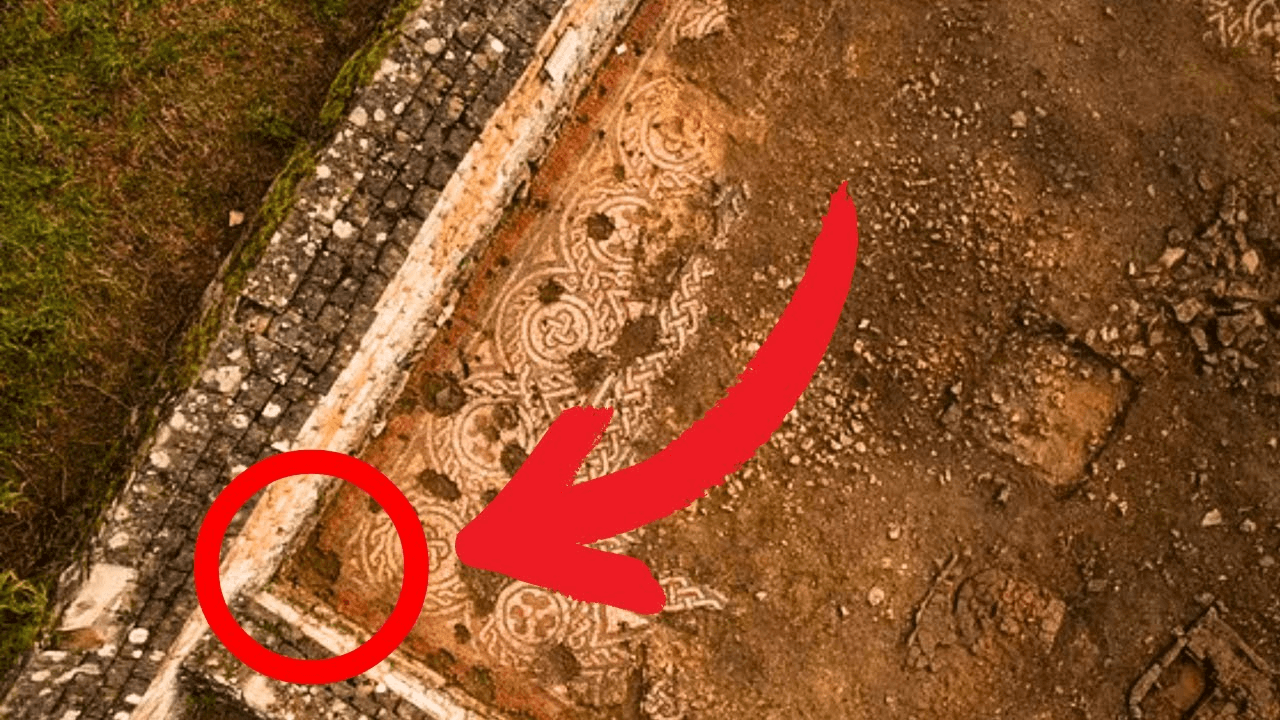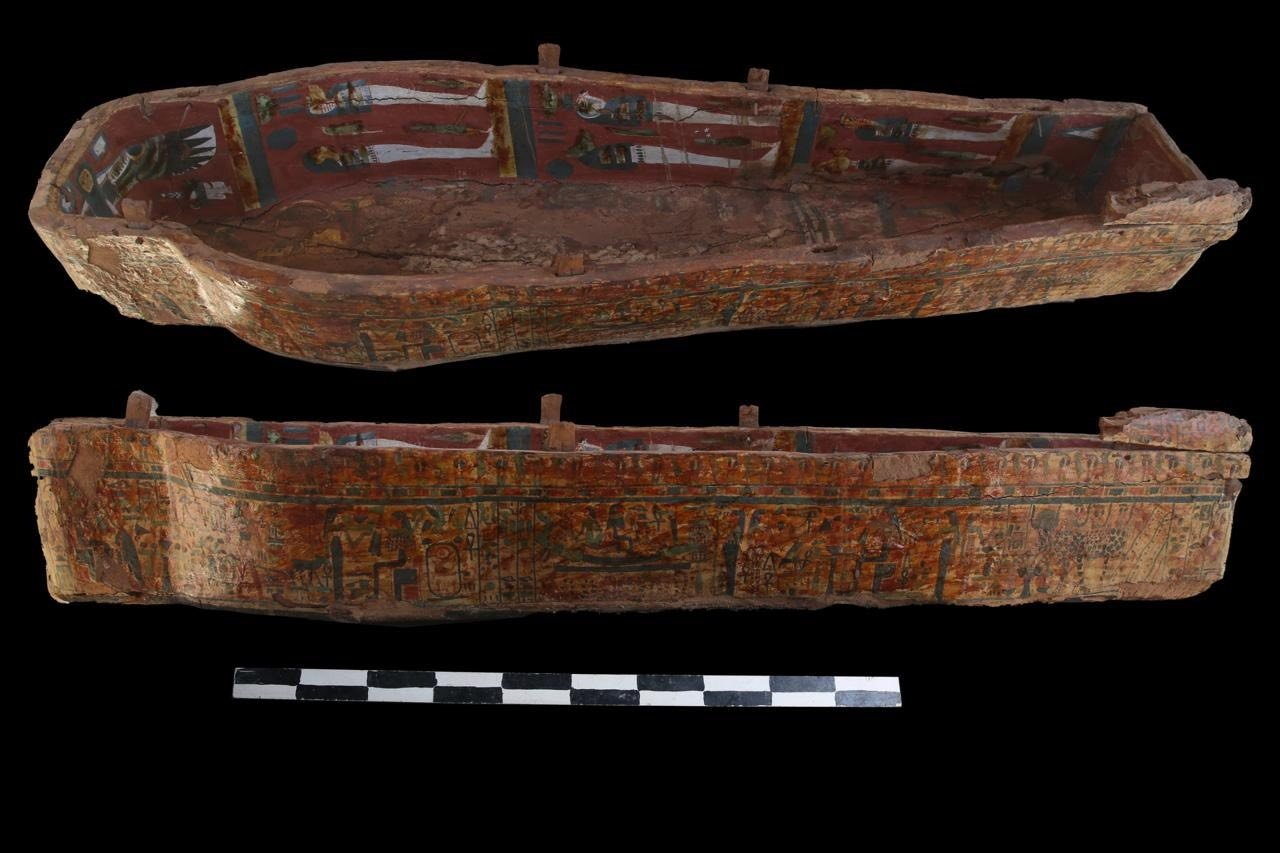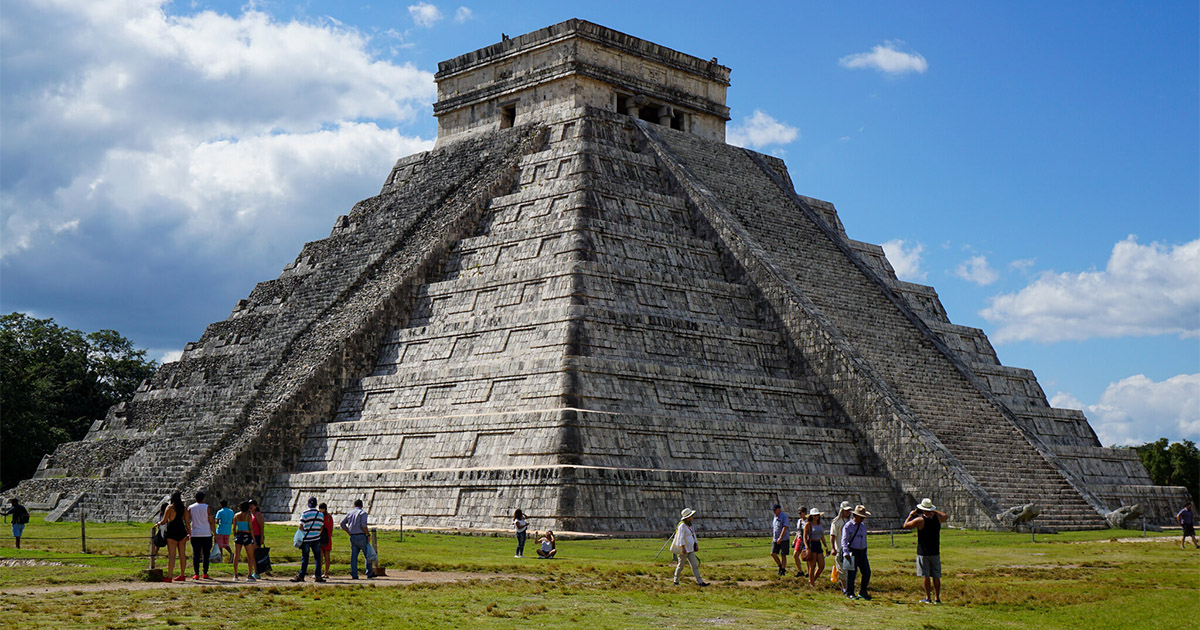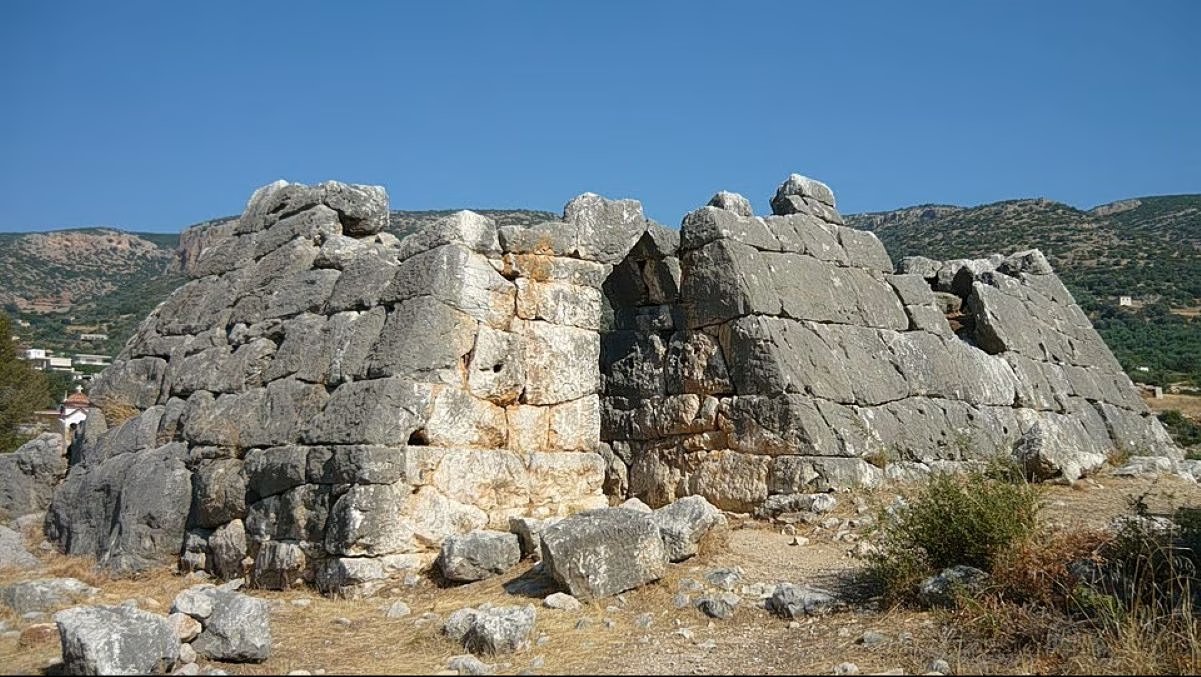Recent archaeological findings at the Chedworth Roman Villa near Gloucestershire are challenging conventional beliefs about the decline of Roman life in Britannia. Led by National Trust archaeologist Martin Papworth, a team unearthed a mosaic floor and an intriguing charcoal sample near its foundation wall. What makes this discovery particularly remarkable is the unexpected dating of the charcoal, which analysis in 2017 revealed to be no earlier than 424 AD. This revelation is surprising given the prevailing notion that most Roman villas had been abandoned by this time.
Further analysis of additional charcoal samples provided even more compelling evidence. With date ranges spanning from 414 to 549 AD and 420 to 560 AD, the construction of the mosaic floor appears to have occurred around 480 AD. These findings paint a fascinating picture of Roman life persisting for decades after the departure of the bulk of the Roman army. Rather than a sudden collapse, it seems that new constructions continued to emerge, suggesting a gradual and uneven process of abandonment for Roman structures.
This challenges the simplistic portrayal of Roman Britain's demise often depicted in popular culture. Instead of a swift and total collapse, the archaeological evidence at Chedworth Roman Villa indicates a more nuanced narrative, where the legacy of Roman civilization lingered on, albeit in evolving forms, long after the departure of military forces. Such discoveries compel us to reassess our understanding of this pivotal period in history and the complexities of societal transformation in the wake of imperial withdrawal.







